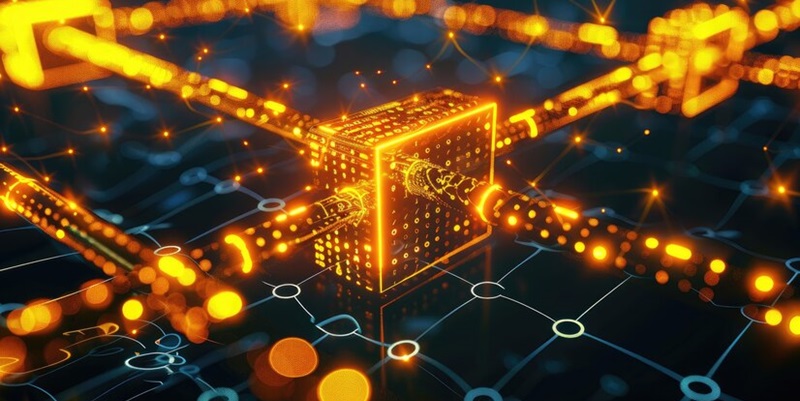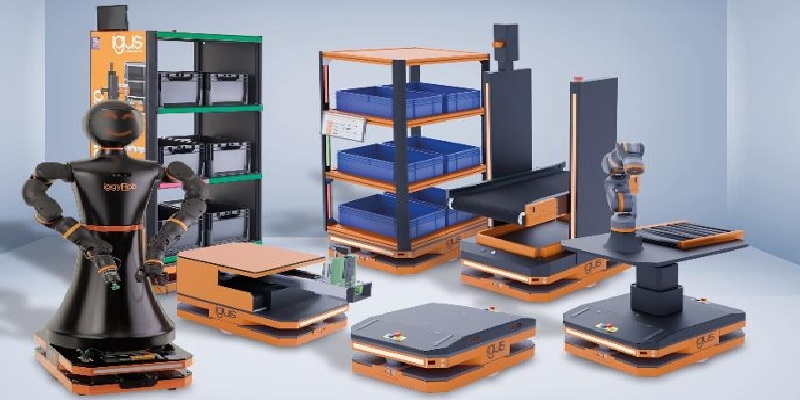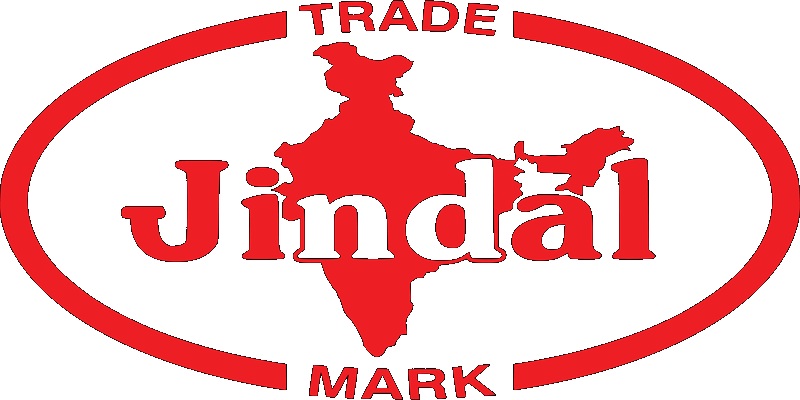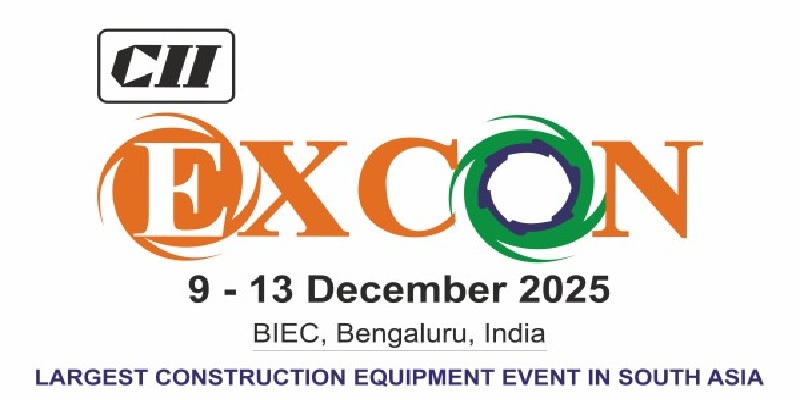Schedule a Call Back
Logistics blockchain and IoT revolutionising the industry
 Articles
Articles- Oct 17,24

Related Stories

ReBeLMove Pro: Modular robot platform for logistics, assembly and handling
It is based on a compact, rectangular transport robot on four wheels with an electric drive.
Read more
TVS ILP Signs MoU With Telangana to Develop Tech-Enabled Logistics Park
TVS Industrial & Logistics Parks has signed an MoU with the Telangana government to acquire 20 acres of land for a tech-enabled logistics and industrial park, supporting jobs and supply chain growth..
Read more
Welspun One to Build 1.2M sq ft Grade-A Logistics Park in Talegaon, Pune
Welspun One will develop a 1.2M sq ft Grade-A logistics park in Talegaon, Pune, expanding its presence in Maharashtra’s key industrial corridor.
Read moreRelated Products

Digital Colony Counter
Rising Sun Enterprises supplies digital colony counter.
Robotic Welding SPM
Primo Automation Systems Pvt. Ltd. manufactures, supplies and exports robotic welding SPM.

Heat Exchanger Scale Removal Compound -hesr-300
Hi There!
Now get regular updates from IPF Magazine on WhatsApp!
Click on link below, message us with a simple hi, and SAVE our number
You will have subscribed to our Industrial News on Whatsapp! Enjoy














